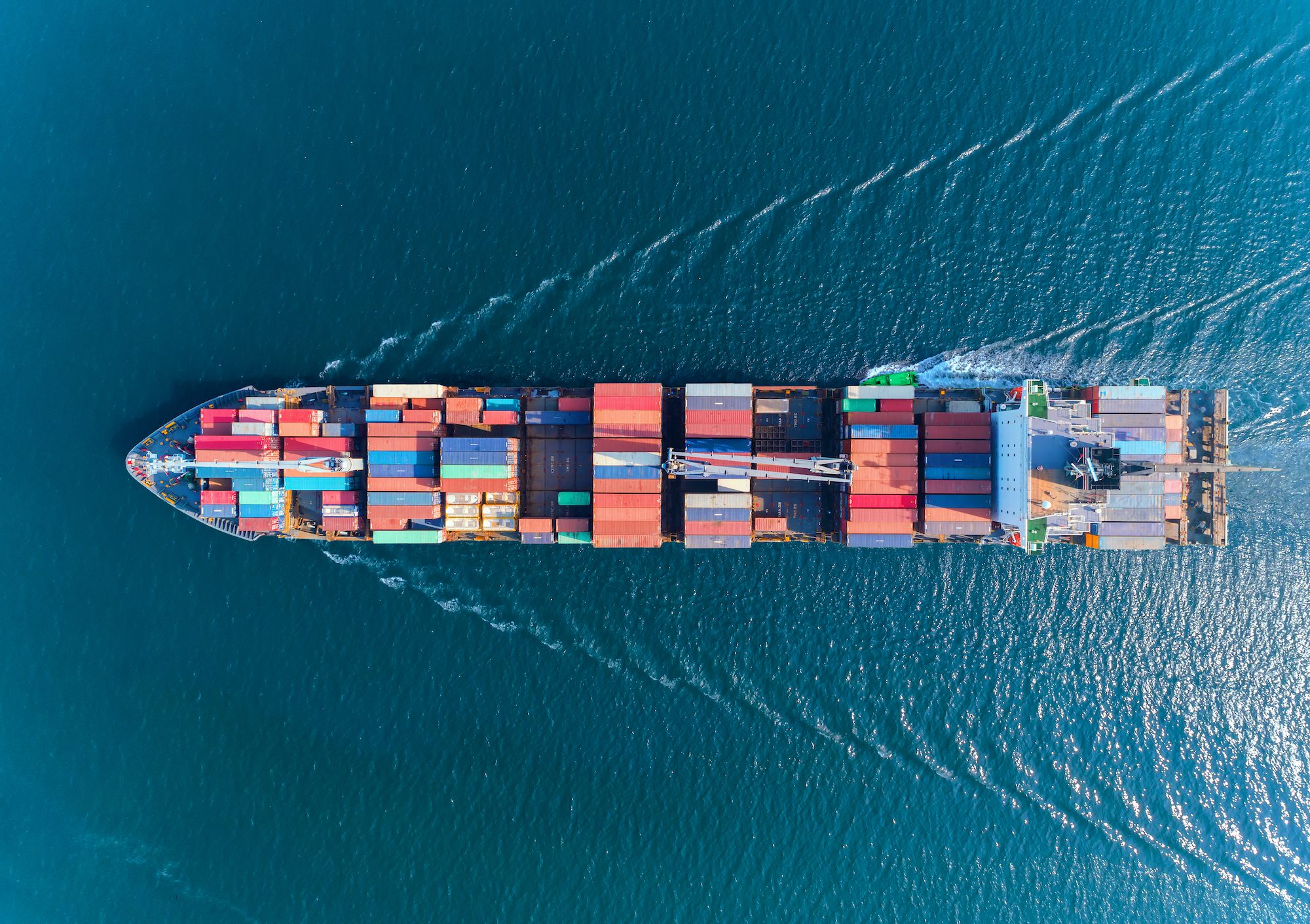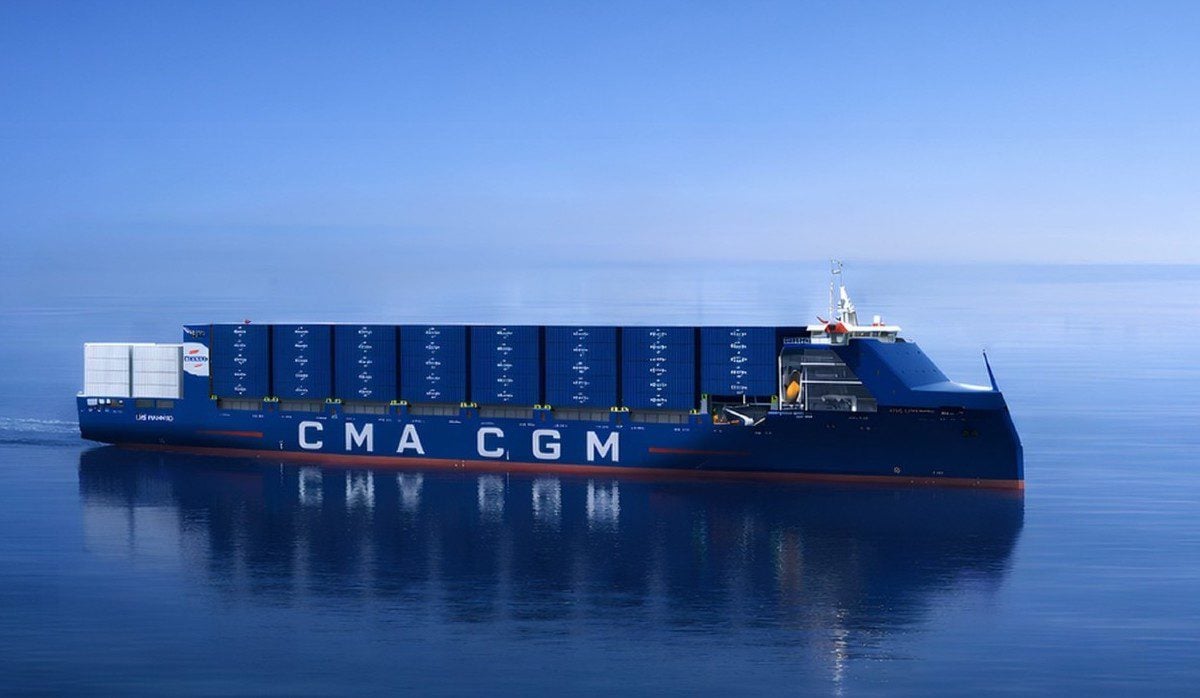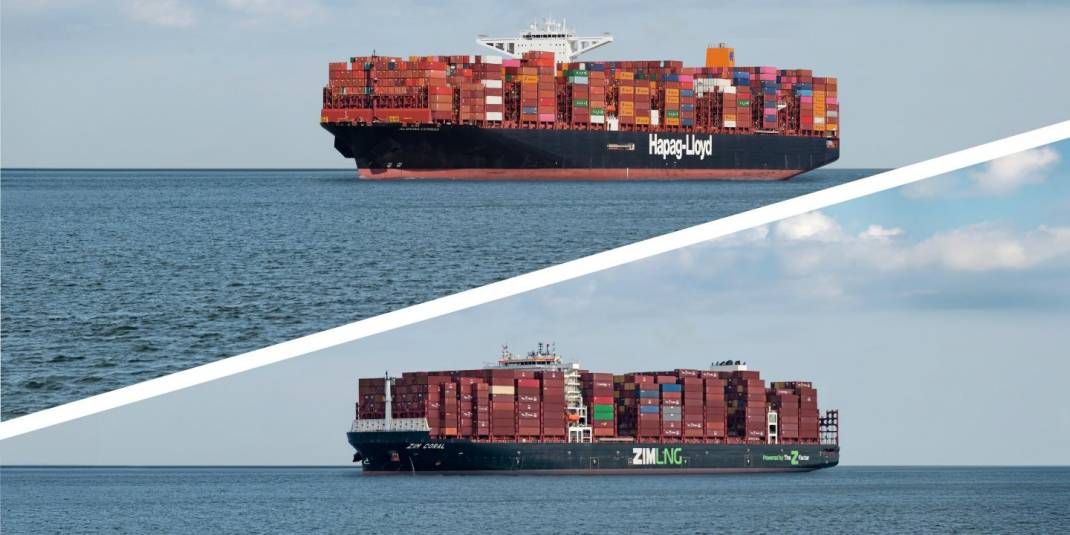The Zero Emission Maritime Buyers Alliance (ZEMBA), a coalition of freight buyers driving demand for zero-emission shipping, has launched its second tender focused on pioneering the commercial deployment of e-fuels in the container shipping industry, with bids due in spring 2025.
The ambitious initiative aims to aggregate approximately 86 billion tonne nautical miles of demand for e-fuel-powered shipping starting in 2027, equivalent to transporting 1.5 million twenty-foot containers across the Pacific Ocean from Shanghai to Los Angeles.
Through this collaborative effort, ZEMBA and its over 40 member companies—which include major retailers like Amazon and IKEA—expect to reduce greenhouse gas emissions by approximately 500,000 metric tonnes.
“Getting e-fuel-powered shipping on the water for the first time through this collaborative forward procurement will be a huge technical and commercial innovation milestone for the sector,” said Ingrid Irigoyen, President and CEO of ZEMBA.
The tender requires bidders to demonstrate at least a 90% lifecycle emission reduction compared to traditional high-emission fuels. Successful proposals will establish contracts for e-fuel-powered shipping spanning 3-5 years from 2027. ZEMBA is considering the possibility of selecting multiple winners, with results expected by the end of 2025.
This second tender builds on ZEMBA’s successful first initiative, completed in April 2024, when German ocean carrier Hapag-Lloyd won the contract. In that initial project, over a dozen ZEMBA members committed to purchasing zero-emission shipping environmental attributes for more than 1 billion twenty-foot container-miles on a Singapore-Rotterdam route. The initiative is expected to reduce CO2e emissions by at least 82,000 metric tonnes through the exclusive use of independently certified waste-based biomethane during 2025 and 2026.
“This tender process signals that the industry is ready to invest in zero-emission shipping,” said Jonathan Butler, Pacific Environment’s Climate Campaign Manager for Corporate.
The announcement comes at a critical time for maritime decarbonization, as the global shipping industry is struggling to meet the International Maritime Organization’s goal of having zero-emission fuels account for 5% of all fuels by 2030, according to a recent report.
“Meanwhile, the shipping industry had a significant surge in profits in 2024, with some estimates recording $26.8 billion in the third quarter alone,” added Butler. “The industry has the money to transform itself and set itself on an immediate trajectory to align shipping with the U.N.’s climate goals, but it continues to put profits over people and the planet.”
Editorial Standards · Corrections · About gCaptain

 Join The Club
Join The Club










